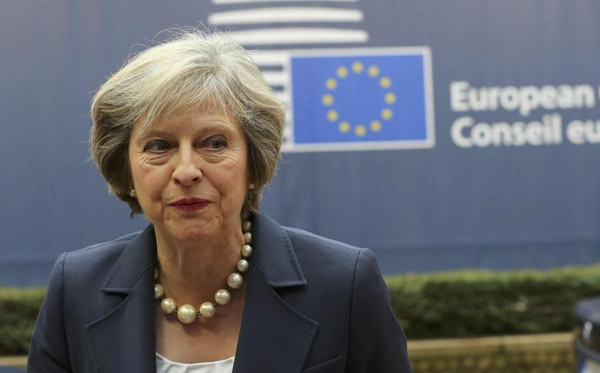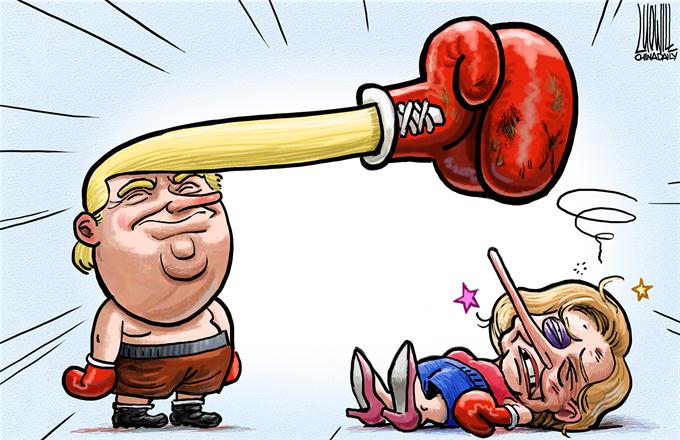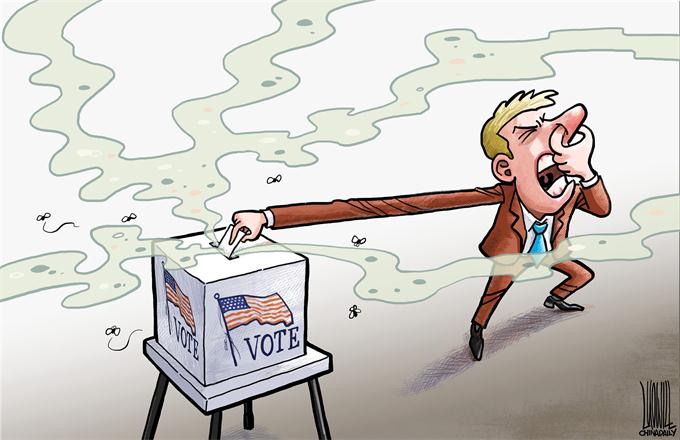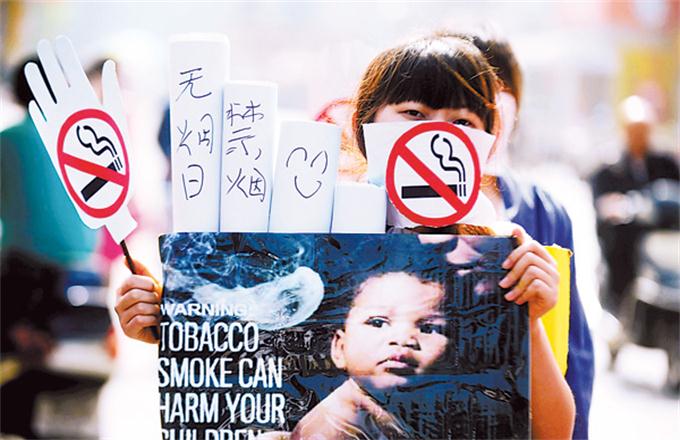Will EU's new trade rules be fair and transparent?
 |
|
British Prime Minister Theresa May arrives at the EU summit in Brussels, Belgium, October 20, 2016. [Photo/Agencies] |
It is unreasonable and regretful that the European Union, China's largest trade partner, is proposing to modify its anti-dumping and anti-subsidy regulations rather than granting China market economy status next month as it should.
Without market economy status, China risks being targeted repeatedly by other World Trade Organization members in anti-dumping cases because its export costs can be calculated using prices in a third country as a benchmark.
So far, China, as the world's largest trading nation, has been duly granted market economy status by about 150 economies, of which nearly 100 are WTO members.
But despite China having the right to market economy status 15 years after it joined the WTO, the EU seems intent on not granting China that status in mid-December as it ought to. Instead, in a sort of halfway house to fulfill its obligation to international trade rules, it is proposing to modify its anti-dumping and anti-subsidy regulations.
The proposal put forward by the European Commission says that in general the normal reference value in dumping cases involving WTO members would be the domestic prices. But if there are "significant distortions" affecting domestic prices as well, investigators can instead use international benchmark prices.
The commission says it will issue reports identifying such distortions in certain countries or certain sectors.
The commission insists the new measures are country-neutral. But as they come just one month before the Dec 11 expiration of provisions in the protocol on China's accession to the WTO that would require its members to end the "surrogate country system", under which the cost data of production in a third country are used to calculate the value of products from China, it is hard to avoid the conclusion that they are intended to target Chinese products.
Beijing is interpreting the proposal as meaning the EU plans to cancel China's non-market economy status, but without completely nullifying China's surrogate country status.
From the EU's perspective, building higher trade barriers against competitive Chinese products may seem necessary. Economic recovery is slow across the EU, and many of its members are still deep in debt.
But protectionism is not the solution.
Beijing remains steadfast in opposing the use of trade remedy measures, preferring to pursue a stable and fair trade environment through talks and negotiations. That is the way to ensure healthy trade between China and the EU in the long run.

























